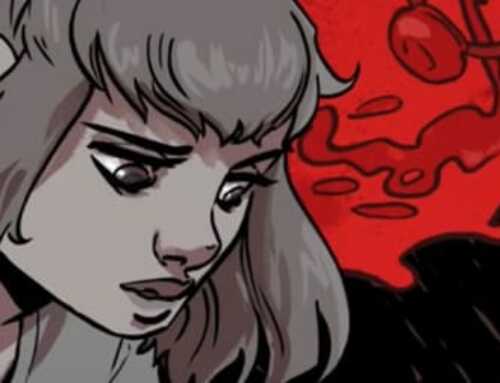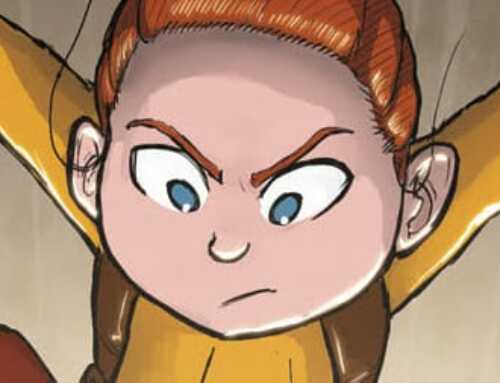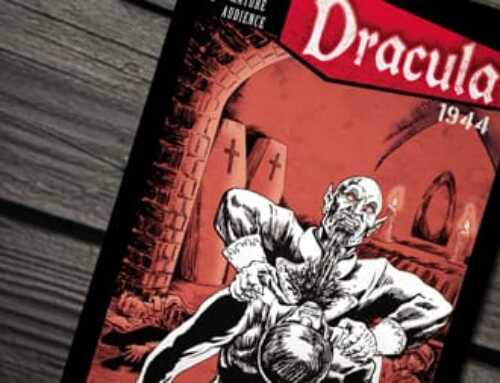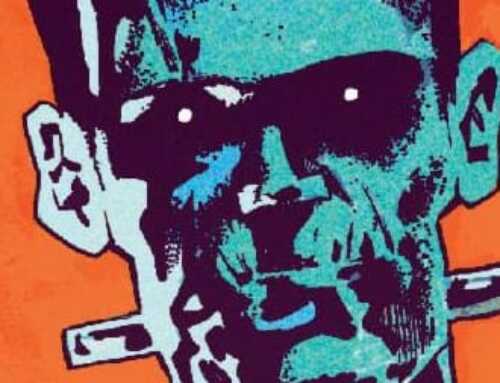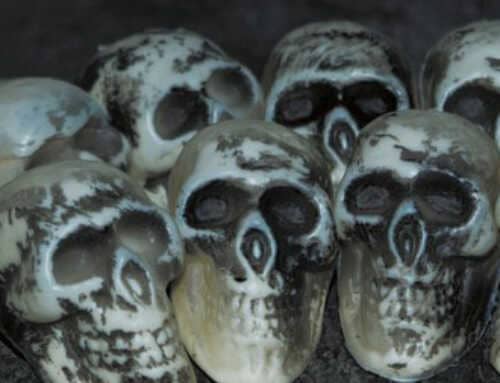The Shadow of Hades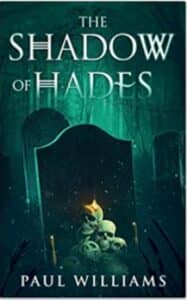 is a new paranormal fantasy title by 20-year-old (!) author Paul C. Williams. The book is set in a world where magic is a fact of life but is banned in Puckford, a small town surrounded by an otherworldly forest called The Fae. It’s here that our four main characters set out on various collision courses, some more closely tied than others, but all to some degree connected to death and with a strong emphasis on personal development.
is a new paranormal fantasy title by 20-year-old (!) author Paul C. Williams. The book is set in a world where magic is a fact of life but is banned in Puckford, a small town surrounded by an otherworldly forest called The Fae. It’s here that our four main characters set out on various collision courses, some more closely tied than others, but all to some degree connected to death and with a strong emphasis on personal development.
If that all sounds vague and conceptual it’s because the actual mechanics of the story can be a bit much, and I’d say it’s a stretch to call this a novel in a traditional sense. The Shadow of Hades is more like four intersecting novellas than a singular story concept, which allows for a lot of room to flesh out the world and its denizens but leaves the plot threads necessarily thin. Characters do overlap and interact with each other, but only in brief scenes and with story resolutions that don’t feel as cohesive as they could be.
Ultimately, there were a lot of cool concepts put into this but the endings of these stories felt rushed and a little all over the place, as though a bit too much space was allocated to rising actions than to the true climax and individual resolutions. I was a lot more appreciative of the journey than the destination in this case, as there’s a lot of space dedicated to flashy set pieces that don’t have as much bearing on the narrative as they could. For example, there’s a confrontation at a mysterious hotel in The Fae which is wonderfully visual and imaginative but doesn’t feel very well integrated into the story up to that point and kind of comes out of left field.
That said, there’s a lot done well here. Particularly, the atmosphere, characters, and worldbuilding are highlights. There’s a strong sense of place all throughout the book, from The Fae and its mysterious hotel to the bar where Pam hits rock bottom (or rather, her first rock bottom). Nearly every character feels well-realized and fleshed out, especially where family dynamics and introspection are concerned. The author has a way with internal monologue and characterization that puts them on the same level as established fantasy authors in that regard– I really enjoyed Aella’s development and perspective on her role in her family, and Blake’s struggle to create and maintain some sort of identity is a definite high point.
I feel like, for the right reader, the aesthetic and mythology of The Shadow of Hades would also be a hit. Personally, the new age angle and inclusion of Wiccan concepts didn’t do much for me, but that doesn’t mean it’s without value or handled poorly. Quite the contrary– if tarot cards and crystals are your cup of tea you should probably pick this up and ignore my review altogether because you’ll certainly love the magic in the book, probably well enough to glaze over the minor faults. The same can be said for the “aspects of death” angle that pops up occasionally throughout: it’s interesting enough and lends itself to strong visuals, but the content itself was a bit bland to me.
Finally, the prose is strong throughout. I’ve read a lot of books by authors who have spent more time in the trade that came across as less mature and well-rounded than the majority of The Shadow of Hades. Thematic reflections are woven well throughout the book and play very nicely with the author’s voice. There are a few strange editing choices, especially with regards to unnecessary commas, but the point is this: the quality of writing is better than a lot of independently published work and I’d absolutely give future Paul C. Williams titles a read based on writing skill and professionalism alone.
Rating
7 out of 10 Bifurcated Faeries


